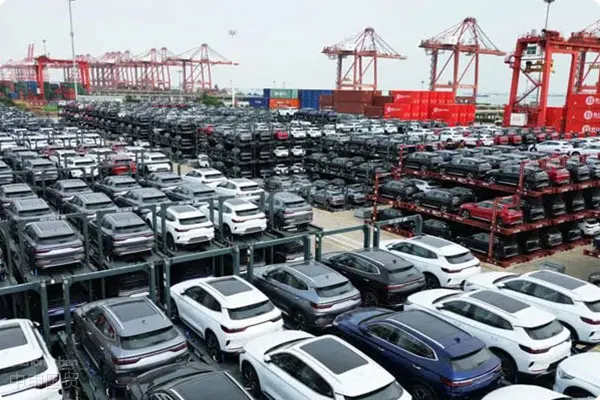- Shanghai Zhongshen International Trade Co., Ltd. - Two decades of trade agency expertise.
- Service Hotline: 139 1787 2118
In U.S.-China trade relations, electric vehicles and clean energy products have always been at the forefront of attention. According to a May 10, 2024, report by The Wall Street Journal, the Biden administration is planning to impose tariffs as high as 100% on electric vehicles from China, a fourfold increase from the current 25% tariff. At the same time, higher tariffs will also be imposed on Chinesesolarproducts such as solar panels, batteries, and critical minerals.

Behind this decision lies the U.S. governments consideration of protecting domestic emerging industries and workers interests, as well as a strategic move ahead of the upcoming presidential election. In the Biden administrations view, with Chinas rapid development in the global clean energy sector, the U.S. must take measures to ensure the competitiveness of its own industries.
This tariff policy adjustment was made after a year-long review of the tariffs implemented during the Trump administration. During this review period, high-ranking officials, including U.S. Trade Representative Katherine Tai and Treasury Secretary Janet Yellen, conducted in-depth analysis and discussions. Tai recently signaled at a hearing that the tariff review was nearing completion and new tariff decisions would be made.
However, the Biden administrations decision is not without controversy. Some U.S. industry associations, such as the American Apparel & Footwear Association (AAFA), oppose the tariff increases, arguing that they will impose higher costs on U.S. consumers, particularly affecting low-income families. Industry insiders like Carlos Tavares, CEO of global automaker Stellantis, believe that raising tariffs does not address the root of the problem and that fair competition should be achieved by reducing costs and offering more affordable products.
Ahead of the upcoming presidential election, the Biden administration clearly hopes to bolster its political capital with this tough-on-China policy. Especially against the backdrop of Trump threatening to impose tariffs as high as 60% on all Chinese goods if re-elected, the Biden administration undoubtedly aims to demonstrate a firm stance.
Chinas Ministry of Foreign Affairs has expressed strong dissatisfaction and opposition to the U.S. plan, calling it a serious violation of international trade rules. China has emphasized that it will take all necessary measures to defend its rights and interests.
Against the global backdrop of climate change and environmental protection, the U.S.s high tariffs on Chinese clean energy products may also negatively impact global environmental efforts. While the U.S. is investing heavily in developing its domestic clean energy industry, many experts believe that without the participation of China, a global leader in clean energy manufacturing, the U.S. will face greater challenges in achieving its carbon neutrality goals.
Related Recommendations
? 2025. All Rights Reserved. 滬ICP備2023007705號-2  PSB Record: Shanghai No.31011502009912
PSB Record: Shanghai No.31011502009912









